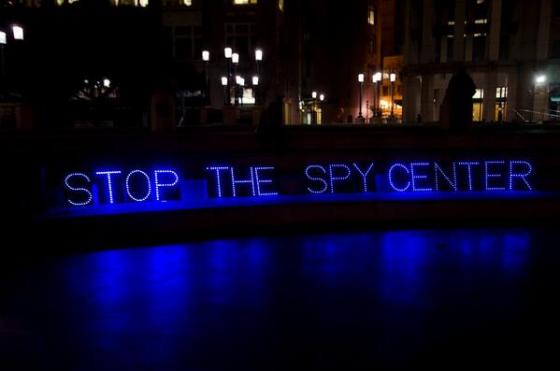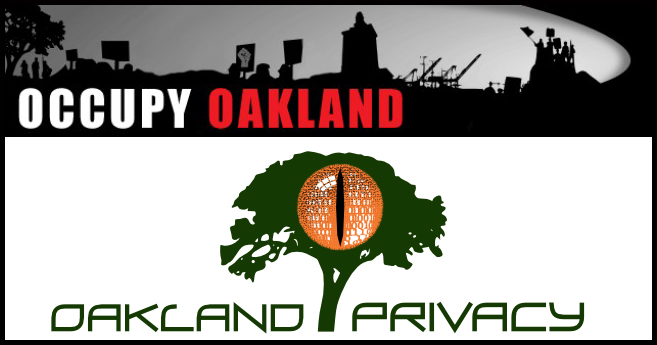via Oakland Privacy
The ACLU has just announced a new Surveillance Ordinance Toolkit!
Two years in the making – and in collaboration with Oakland Privacy – this toolkit from the ACLU provides the critical information for part three of the Aaron Swartz Day Police Surveillance Project’s goals: To help folks present the information to their own local city councils to help get a surveillance policy in place for how any surveillance equipment is allowed to be used on its citizens.
Since the November 2017 Aaron Swartz Day weekend, our police surveillance project has taught activists how to use our templates with muckrock to file public records requests – with a city’s police and sheriff departments (in the spirit of Aaron Swartz’ many FOIA requests via muckrock) so that they will have to give any relevant documentation when specific types of surveillance equipment have already been purchased.
The last, and most complicated of our project’s three goals involves figuring out what to do exactly once you have evidence of the surveillance equipment’s existence. Ideally, once a piece of surveillance equipment has been identified, a city council can start working on in the process of implementing a use policy, based on an ordinance, which regulates how that equipment is allowed to be used. But what’s the best way to present that evidence to a city council for it to act upon?
Thanks to Tracy Rosenberg, we have provided some easy to use templates for obtaining information direct from a city’s own police and sheriff departments, so that the information could be taken to the City Council. Now, the ACLU & Oakland Privacy have created a toolkit for the process of taking that information to the City Council.
From the Oakland Privacy article:
Getting a surveillance transparency ordinance or a facial recognition ban passed in your town can seem like an overwhelming task. It’s not. You can do it!
Oakland Privacy and ACLU of Northern California sat down to write a step by step guide based on the dozen ordinances in place across the country, including 8 in the San Francisco Bay Area.
This free guide includes loads of advice on coalition-building, public education, strategy, research, messaging and advocacy and samples of useful documents.

